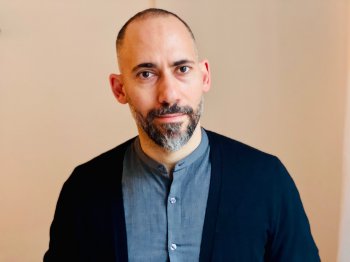[This seminar is being presented by the Center for Democracy, Development and the Rule of Law (CDDRL), focusing on Arab World affairs. CDDRL is a research center at the Freeman Spogli Institute for International Studies. The event page can be found here.]
Speaker
Date and Time
May 27, 2020 12:00 PM - 1:15 PM PST
Availability
RSVP Required.
Location
Online, via Zoom: REGISTER
FSI Contact
Abstract
This talk examines the multiple crises manifesting in Lebanon today and their impact on the fate of the uprising that began in October 2019. While the currency, fiscal, and infrastructural crises were central to the making of Lebanon’s uprising, the novel strategic innovations that the protesters made were key to shaping its trajectory relative to past protests. More recently, the COVID-19 pandemic has both exacerbated existing dynamics while also providing respite to the government and some of the traditional political parties. The presentation therefore engages these complexities to take stock of the current status of popular mobilizations, elite efforts to contain them, and the economic structures that undergird both.
Speaker Bio
Ziad Abu-Rish is Assistant Professor of History at Ohio University, where he is founding director of the Middle East & North Africa Studies Certificate Program. His research explores state formation, economic development, and popular mobilizations in the Middle East, with a particular focus on Lebanon and Jordan. Abu-Rish's current book project explores the intersection between popular mobilizations and state formation in early post-independence Lebanon. He is co-editor of The Dawn of the Arab Uprisings: End of an Old Order? (2012) and Critical Voices: Interviews From and On the Middle East (2014). Abu-Rish currently serves as Senior Editor at Arab Studies Journal, co-editor at Jadaliyya e-zine, and board member of Lebanese Studies Association.